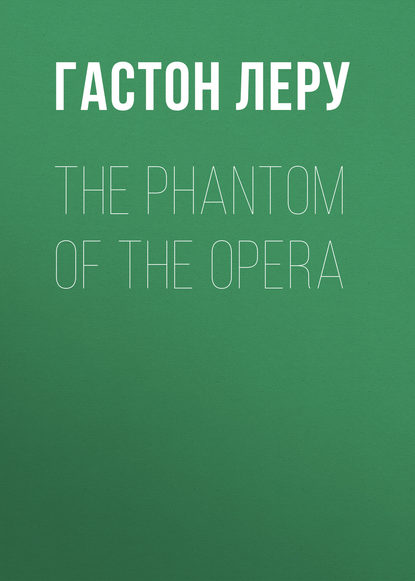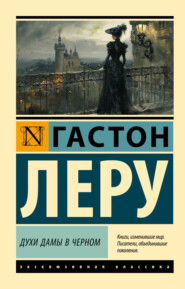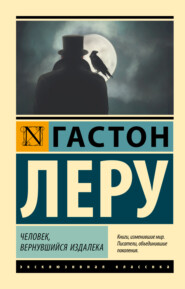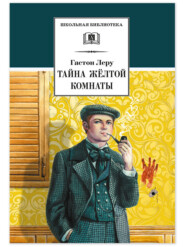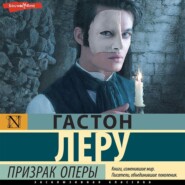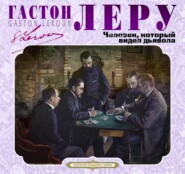По всем вопросам обращайтесь на: info@litportal.ru
(©) 2003-2025.
✖
The Phantom of the Opera
Автор
Год написания книги
2018
Настройки чтения
Размер шрифта
Высота строк
Поля
"What do you mean? My stud-groom?"
"Yes, sir," explained Mercier, "there are several grooms at the Opera and M. Lachenel is at the head of them."
"And what does this groom do?"
"He has the chief management of the stable."
"What stable?"
"Why, yours, sir, the stable of the Opera."
"Is there a stable at the Opera? Upon my word, I didn't know. Where is it?"
"In the cellars, on the Rotunda side. It's a very important department; we have twelve horses."
"Twelve horses! And what for, in Heaven's name?"
"Why, we want trained horses for the processions in the Juive, The Profeta and so on; horses 'used to the boards.' It is the grooms' business to teach them. M. Lachenel is very clever at it. He used to manage Franconi's stables."
"Very well … but what does he want?"
"I don't know; I never saw him in such a state."
"He can come in."
M. Lachenel came in, carrying a riding-whip, with which he struck his right boot in an irritable manner.
"Good morning, M. Lachenel," said Richard, somewhat impressed. "To what do we owe the honor of your visit?"
"Mr. Manager, I have come to ask you to get rid of the whole stable."
"What, you want to get rid of our horses?"
"I'm not talking of the horses, but of the stablemen."
"How many stablemen have you, M. Lachenel?"
"Six stablemen! That's at least two too many."
"These are 'places,'" Mercier interposed, "created and forced upon us by the under-secretary for fine arts. They are filled by protegees of the government and, if I may venture to …"
"I don't care a hang for the government!" roared Richard. "We don't need more than four stablemen for twelve horses."
"Eleven," said the head riding-master, correcting him.
"Twelve," repeated Richard.
"Eleven," repeated Lachenel.
"Oh, the acting-manager told me that you had twelve horses!"
"I did have twelve, but I have only eleven since Cesar was stolen."
And M. Lachenel gave himself a great smack on the boot with his whip.
"Has Cesar been stolen?" cried the acting-manager. "Cesar, the white horse in the Profeta?"
"There are not two Cesars," said the stud-groom dryly. "I was ten years at Franconi's and I have seen plenty of horses in my time. Well, there are not two Cesars. And he's been stolen."
"How?"
"I don't know. Nobody knows. That's why I have come to ask you to sack the whole stable."
"What do your stablemen say?"
"All sorts of nonsense. Some of them accuse the supers. Others pretend that it's the acting-manager's doorkeeper …"
"My doorkeeper? I'll answer for him as I would for myself!" protested Mercier.
"But, after all, M. Lachenel," cried Richard, "you must have some idea."
"Yes, I have," M. Lachenel declared. "I have an idea and I'll tell you what it is. There's no doubt about it in my mind." He walked up to the two managers and whispered. "It's the ghost who did the trick!"
Richard gave a jump.
"What, you too! You too!"
"How do you mean, I too? Isn't it natural, after what I saw?"
"What did you see?"
"I saw, as clearly as I now see you, a black shadow riding a white horse that was as like Cesar as two peas!"
"And did you run after them?"
"I did and I shouted, but they were too fast for me and disappeared in the darkness of the underground gallery."
M. Richard rose. "That will do, M. Lachenel. You can go … We will lodge a complaint against THE GHOST."
"And sack my stable?"
"Oh, of course! Good morning."
M. Lachenel bowed and withdrew. Richard foamed at the mouth.
"Settle that idiot's account at once, please."
"He is a friend of the government representative's!" Mercier ventured to say.





